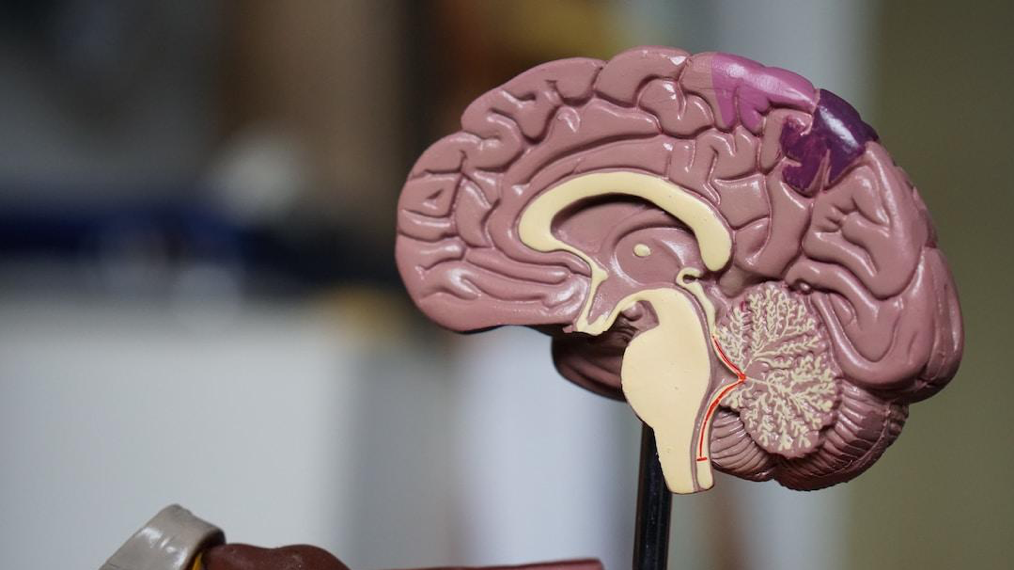Some cognitive disorders can be overwhelming, not just for the person experiencing them, but for their caregivers and loved ones as well. One such cognitive disorder is dementia, a syndrome that affects memory, thinking, behavior, and the ability to perform everyday tasks. It is critical to note that although many people typically associate dementia with old age, it is not a normal part of aging. Below, we detail the early indicators, causes, and implications of dementia.
Understanding Dementia and Its Early Signs
Dementia is caused by damage to brain cells that impair their functioning, which affects thinking, behavior, and feelings. Dementia often manifests first as difficulty in performing routine tasks such as handling money, driving, or cooking meals. Memory loss is a common symptom of dementia, but you need to distinguish between normal age-related forgetfulness and potential dementia early signs. For instance, dementia-related memory loss frequently involves forgetting recently learned information, dates, or events and repeatedly asking for the same information.
Additionally, a person might exhibit difficulty in organizing thoughts or problem-solving, confusion about time or place, and misplacing things. All these can be early symptoms of dementia. Knowing how to spot the early indicators of dementia is integral to timely diagnosis, treatment, and management of the condition.
The Connection Between Aging and Dementia
It’s essential to note that while aging is a risk factor for dementia, not all seniors develop the condition. In fact, millions of seniors live their entire lives without showing any signs of dementia. However, the risk of dementia does increase with age, particularly after 65 years. As people age, they naturally experience a mild degree of memory loss, and their cognitive abilities can slow down. However, this is distinct from dementia, which involves more severe memory loss and cognitive impairment.
Research has shown that changes in the brain can begin decades before dementia symptoms appear. Age-related brain changes, combined with genetic factors, can contribute to dementia onset. While we are yet to fully understand why some people develop dementia and others do not, maintaining a healthy lifestyle including diet and exercise can potentially delay or prevent its onset.
Emotional and Psychological Changes in Early Dementia
Aside from cognitive symptoms, dementia can also bring about emotional and psychological changes. These include alterations in personality, where someone becomes confused, suspicious, fearful, or dependent on a family member. Depression and anxiety are also common in the early stages of dementia, which can cause people to withdraw from others. Mood swings may also occur, including rapid changes from calm to tears to anger, for no apparent reason.
Increased agitation, especially in the late afternoon or evening, is another emotional symptom. This phenomenon, known as “sundowning,” can include restlessness, trouble sleeping, and irritability. It can be challenging for caregivers to manage. It is important for caregivers and family members to understand these emotional changes and provide supportive and comforting care as much as possible.
The Importance of Early Detection and Diagnosis for Dementia
Early detection of dementia can provide several benefits. Firstly, it can give the person with dementia a chance to participate in decisions about care, transportation, living options, and financial and legal matters. It can also provide more time to deliberate on treatment decisions. With early diagnosis, treatments can begin which could potentially slow down the progression of symptoms, allowing for maintained independence longer. It could also potentially lessen anxieties about observed changes, and shed light on supports and resources available.
Screenings can also help detect whether the symptoms are caused by a reversible condition, like vitamin deficiencies or thyroid problems, that could be treated to improve cognition. Many health organizations emphasize the importance of discussing memory concerns with a healthcare provider early on, as prompt diagnosis and treatment can better support those with dementia and their caregivers.
As you can see, understanding the signs of dementia is crucial not just for those at risk but for everyone. Awareness of the early signs of dementia is vital for timely medical intervention, future planning, and access to supportive services. Identifying the early signs can significantly improve the lives of those affected by dementia, allowing for a more proactive approach to managing the condition, reducing caregiver burden, and enhancing the overall quality of life.
